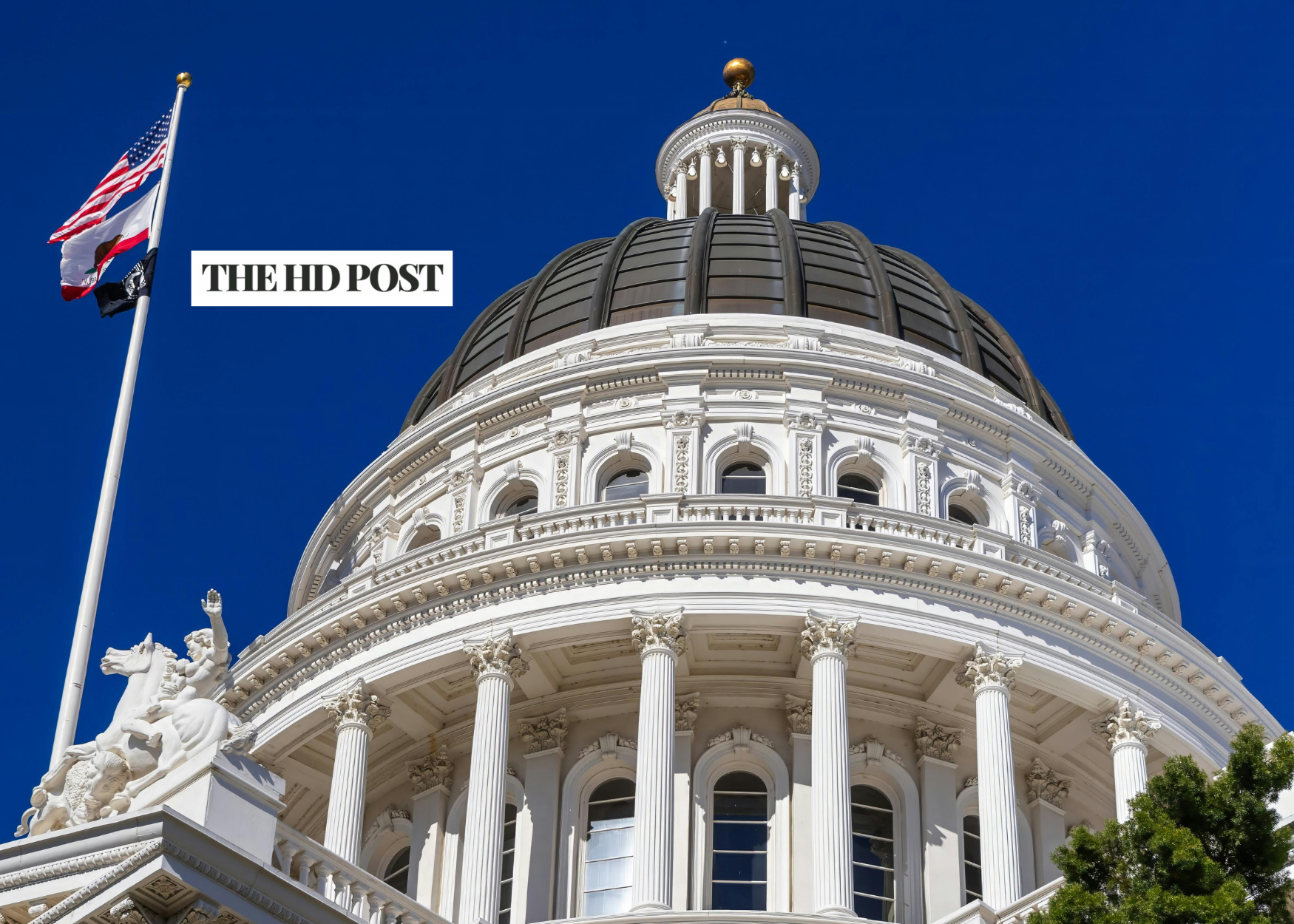
CALIFORNIA – Governor Gavin Newsom signed SB 403 on October 3, ensuring California’s medical aid-in-dying law remains in effect beyond its planned 2031 expiration.
The measure removes the law’s sunset clause, making the End of Life Option Act permanent.
SB 403 removes the sunset date from California’s End of Life Option Act, which allows mentally capable, terminally ill adults with a prognosis of six months or less to request from their physician a prescription for medication they may choose to self-administer.
“Californians with painful, debilitating terminal illnesses should have the option to avoid pointless suffering and die with dignity, if they wish, without fear of this option expiring,” Senator and bill author Catherine Blakespear, D-Encinitas, said.
Blakespear said nine years of data indicate the law is functioning as intended, with safeguards operating as designed.
These include requiring a doctor to confirm the patient’s decision-making capacity and ensure they are acting voluntarily. The patient must also be informed of alternatives, such as palliative care, and may withdraw their request at any time.
A second physician must also confirm the diagnosis and prognosis. The patient must make two oral requests at least 48 hours apart and submit a written request witnessed by two adults.
In 2024, 1,591 people received an aid-in-dying prescription and 1,032 took the medication and died. Over 92% were aged 60 or older and 94.8% were receiving hospice or palliative care.
Critics raised concerns about removing sunset clause
Eleven other states have similar laws, none of which include a sunset provision like California’s.
Critics of the legislation raised concerns about removing the sunset clause without first strengthening oversight and transparency.
The Alliance of Catholic Health Care argued the state lacks transparency in reporting data on compliance and the medications used under the End of Life Option Act.
Similarly, the League of United Latin American Citizens said stronger oversight is needed to ensure California’s diverse population—particularly Latinos—fully understands the law and its process.
RELATED: Newsom signs fuel choice bill, says it could lower gas costs in California

